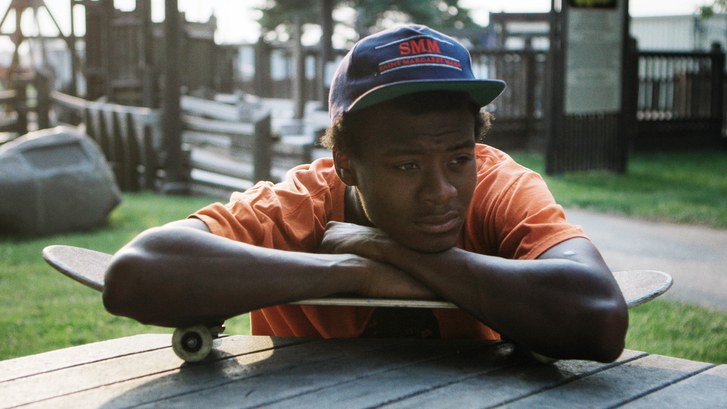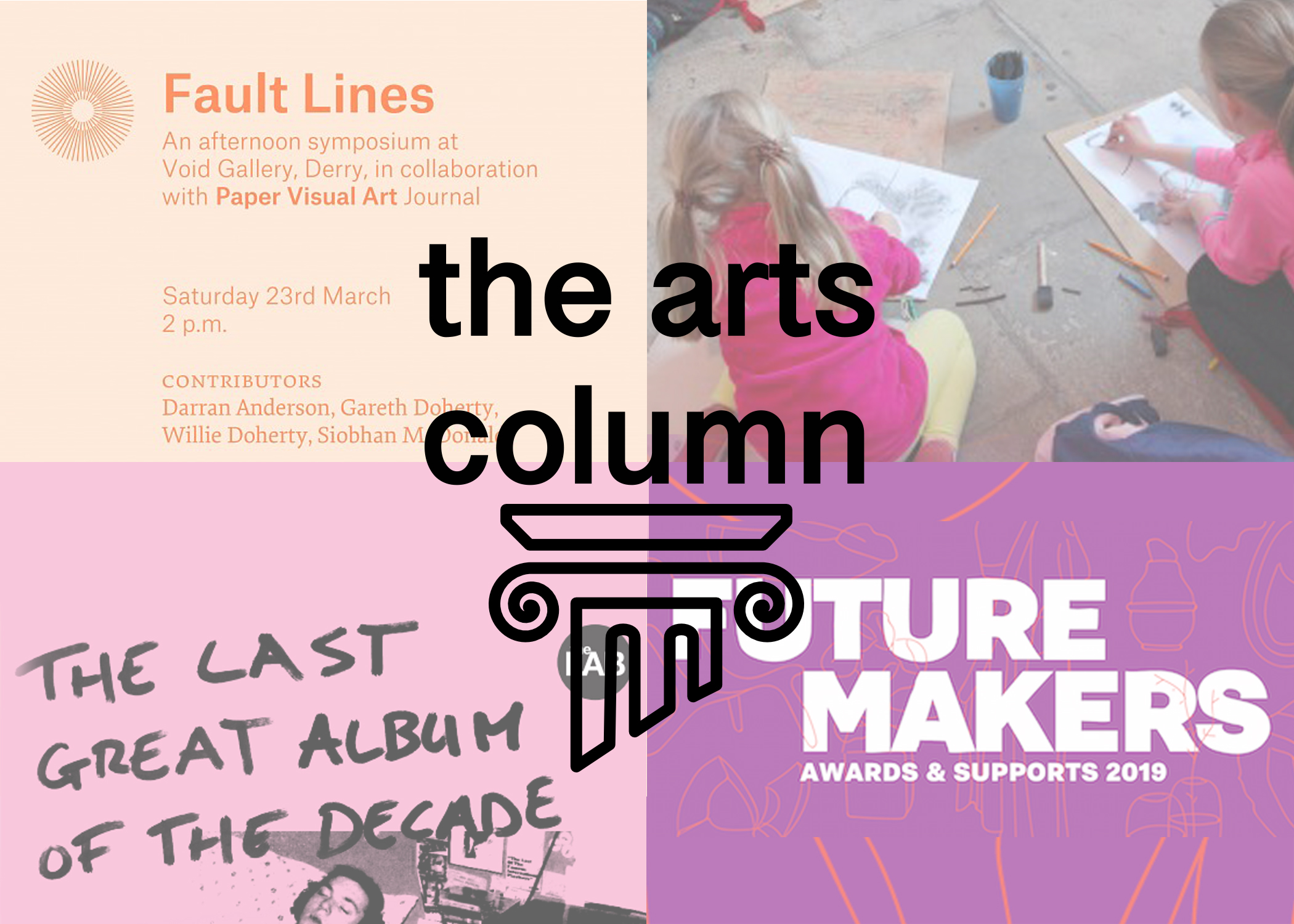For about a half hour, Minding the Gap lulls you into a false sense of security. The opening passages of the documentary introduce us to two Rockfort skaters, Zack and Keire; Zack is a young father struggling to support his family, while Keire is a timid teenager who becomes increasingly desperate to leave the city. The film intercuts stories of their troubled youths with incredible footage of them skating around the streets of Rockfort.
While Keire and Zack still reel from the abuse their fathers inflicted upon them as children, they rhapsodize about the escapist nature of skateboarding. More importantly, it allows them to bond with one another, creating a valuable support network. At this stage, the documentary appears to be a warm, if gritty celebration of the sport and sub-culture.
That would be an easier film to make, and judging from the opening act, not without its pleasures. Director Bing Liu combines early home videos of his friends with breathtaking montages of the boys performing all kinds of skating feats, reinforcing the seemingly carefree nature of youth.
But as the film develops, you realize that Liu has bigger concerns in mind. Zack and Keire’s abusive childhoods are brought into sharper relief, as well as Liu’s own history with his violent stepfather. Gradually it becomes apparent that some of these men are doomed to repeat the mistakes of their fathers. It’s an interesting bait-and-switch; you’re expecting an empowering film about skating, but instead you get a thorny exploration of toxic masculinity.
Rather than causing him to pull his punches, Liu’s friendship with his subjects makes Minding the Gap all the more difficult to watch. Though he exhibits compassion and acknowledges the cycles of abuse, Liu never excuses their behaviour. The film is defined by the creeping realization that your closest friends aren’t just human, but capable of causing great pain and anguish.
Sadly, some stories are more developed than others. The film constantly hints that Keire has inherited his father’s explosive temper, but bar some outtakes of him destroying skateboards, we never see it. Ling occasionally touches on Keire’s blackness in the mostly white world of Rockfort skating, but it seems like an obligation rather than anything the director is truly interested in. Ultimately Keire feels more like a counter-point to other stories, rather than having a fully realized narrative of his own.
But despite struggling to serve all of its narrative threads, Minding the Gap is a deeply affecting work that demands we take a hard look at those we hold dearest. After all, we can’t always be blinded by the nostalgia that accompanies those carefree days spent at a skatepark. Jack O’Higgins
Minding the Gap is screening at the Irish Film Institute, Dublin from Friday 22nd March.






